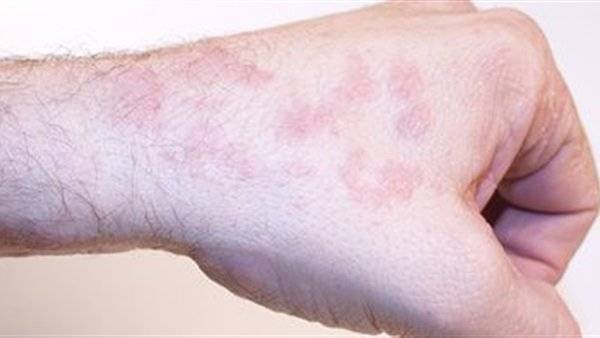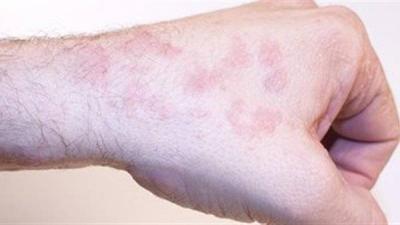A group of researchers at Yale University is developing a treatment for skin cancer involving the injection of nanoparticles into the tumor, killing cancerous cells using a two-pronged approach as a potential alternative to surgery. The results of their study were published in the prestigious journal Proceedings of the National Academy of Sciences.
Dr. Michael Girardi, professor and vice chair of the Department of Dermatology at Yale and the lead author of the study, stated: "For many patients, treating skin cancer becomes more critical if there is a way to treat them effectively through a simple procedure like an injection. The quest for a holy grail in dermatology has always aimed to find a simpler way to treat skin cancers like basal cell carcinoma and squamous cell carcinoma." For the treatment, tumors are injected with polymer-based nanoparticles carrying a chemotherapeutic agent. The key to the success of the treatment is that the nanoparticles are bioadhesive, meaning they attach to the tumors and remain adhered long enough to kill as many cancer cells as possible.
Co-author of the study, Professor Mark Saltzman, a professor of biomedical engineering and chemical and environmental engineering at the university, and a professor of physiology at the Goizueta Medical Center, said: "When you inject nanoparticles into the cancerous tumor, they are found to be well-preserved within this tumor, accumulating and binding to the tumor matrix. Therefore, a single injection lasts a very long time, allowing the particles to remain and gradually release the cancer-killing compounds."
In comparison, the same drug was injected into control tumors without the use of nanoparticles, and the researchers found that the tumors shrank significantly when the drugs were delivered using nanoparticles. It is also important that the treatment can be combined with an agent that stimulates the body's immune system. Dr. Girardi remarked: "I would call this phenomenon killing and cleaning. It not only wants to kill the cells and leave them there, but it also stimulates the immune system to clean up the mess and respond to cells that may not have been directly killed, so it is a two-pronged attack on cancer."
Additionally, the researchers noted that eliminating tumors through injections, in many cases, could eliminate the need for surgery and also avoid potential wound infections and other complications, not to mention that some patients with other medical conditions are poor candidates for surgical procedures to eliminate cancer. It is noteworthy that this new study indicates that injection-based treatments can benefit individuals with multiple cancerous tumors in just a single session. Professor Saltzman stated, "In these studies, we experimented with injections from a single syringe, and this is how we would like it to work clinically: where the patient goes to the dermatologist, the cancerous tumor is diagnosed, and it is injected, then the patient does not need to return again."




